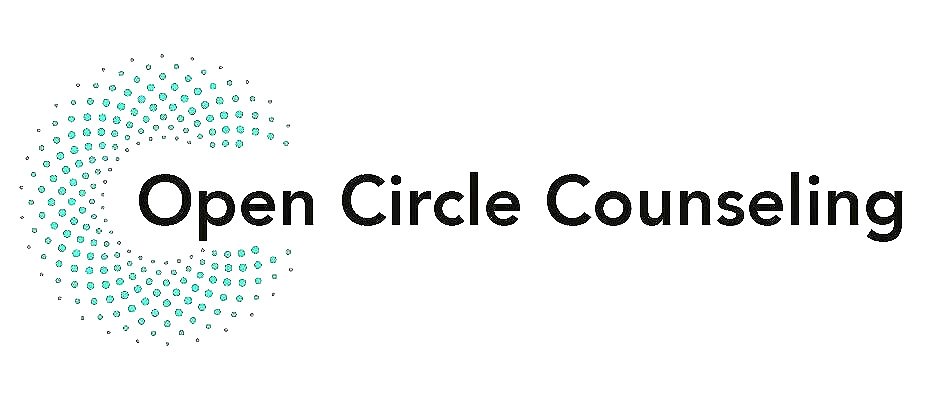Anxiety affects millions of people worldwide. In our fast-paced society, we often promote behaviors that actually increase anxiety. However, there are small steps you can take to help combat this condition. Here are ten concrete steps you can take toward managing your anxiety responses.
1. Practice Mindfulness
Study after study has shown how effective mindfulness can be against anxious thoughts. It helps you focus on the present moment instead of worrying about the future or past. Start with just a few minutes each day, using guided meditation apps or focusing on your breath. Allow your thoughts to pass through you and simply notice them. Focus on your bodily sensations. Over time, regular mindfulness practice can rewire your brain to respond more calmly to stress.
2. Stay Active
Exercise is one of the most effective natural remedies for anxiety. Physical activity releases endorphins, which are our natural mood elevators. Aim for at least 30 minutes of moderate exercise, such as yoga or jogging, most days of the week. An even better practice is to get outside into nature by hiking, walking in the park, or visiting nature preserves. Breathing fresh air and being part of the natural world will ease your mind.
3. Eat Healthy
A balanced diet rich in fruits, vegetables, lean proteins, and whole grains can help stabilize your mood and energy levels. Avoid too much caffeine and sugar, which can make anxiety worse. Instead, choose foods rich in omega-3 fatty acids, such as salmon and walnuts, which have been shown to reduce anxiety.
4. Get Enough Sleep
Sleep is crucial for mental health. Establish a regular sleep schedule by going to bed and waking up at the same time every day. Create a calming bedtime routine, such as reading a book or taking a warm bath, to signal to your body that it’s time to wind down.
5. Limit Alcohol Intake
While it may be tempting to use alcohol to calm your nerves, it can actually increase anxiety over time. Alcohol can disrupt sleep and affect your mood. Reducing or eliminating alcohol from your life can significantly reduce your anxiety.
6. Practice Deep Breathing
Deep breathing exercises can quickly reduce anxiety by helping you focus on your breath and relax your body. One effective technique is the 4-7-8 method: inhale deeply for four seconds, hold for seven seconds, and exhale slowly for eight seconds.
7. Keep an Active Social Life
Spending time with friends and family can provide emotional support, reduce feelings of isolation, and improve your mood. Make an effort to maintain regular contact with loved ones, whether through in-person visits, phone calls, or video chats.
8. Break Up Your Goals
Anxiety can make even simple tasks seem overwhelming. To combat this, set realistic goals for yourself and break larger tasks into smaller, more manageable steps. This way you’ll feel more in control of your goals. Celebrate every accomplishment to build up your confidence.
9. Learn to Say No
Taking on too many responsibilities can increase anxiety and lead to burnout. Recognize your limits and learn to say no when you can. Prioritize your own tasks and focus on what truly matters by setting healthy boundaries.
10. Seek Professional Help
Some people are unable to manage their anxiety on their own. Whether your anxiety is more general or is linked to specific situations (for example, phobias, intrusive thoughts, or obsessions), you may need a consultation with a mental health professional. Your best treatment may include therapy, anti-anxiety medications, or a combination of the two. It’s also important to determine (or rule out) other co-occurring issues, such as trauma. In therapy, you’ll learn the root cause of your anxiety, how to cope with stressful situations, and how to build your resilience.
To find out more about how therapy can help you reduce your anxiety, please reach out to us.
